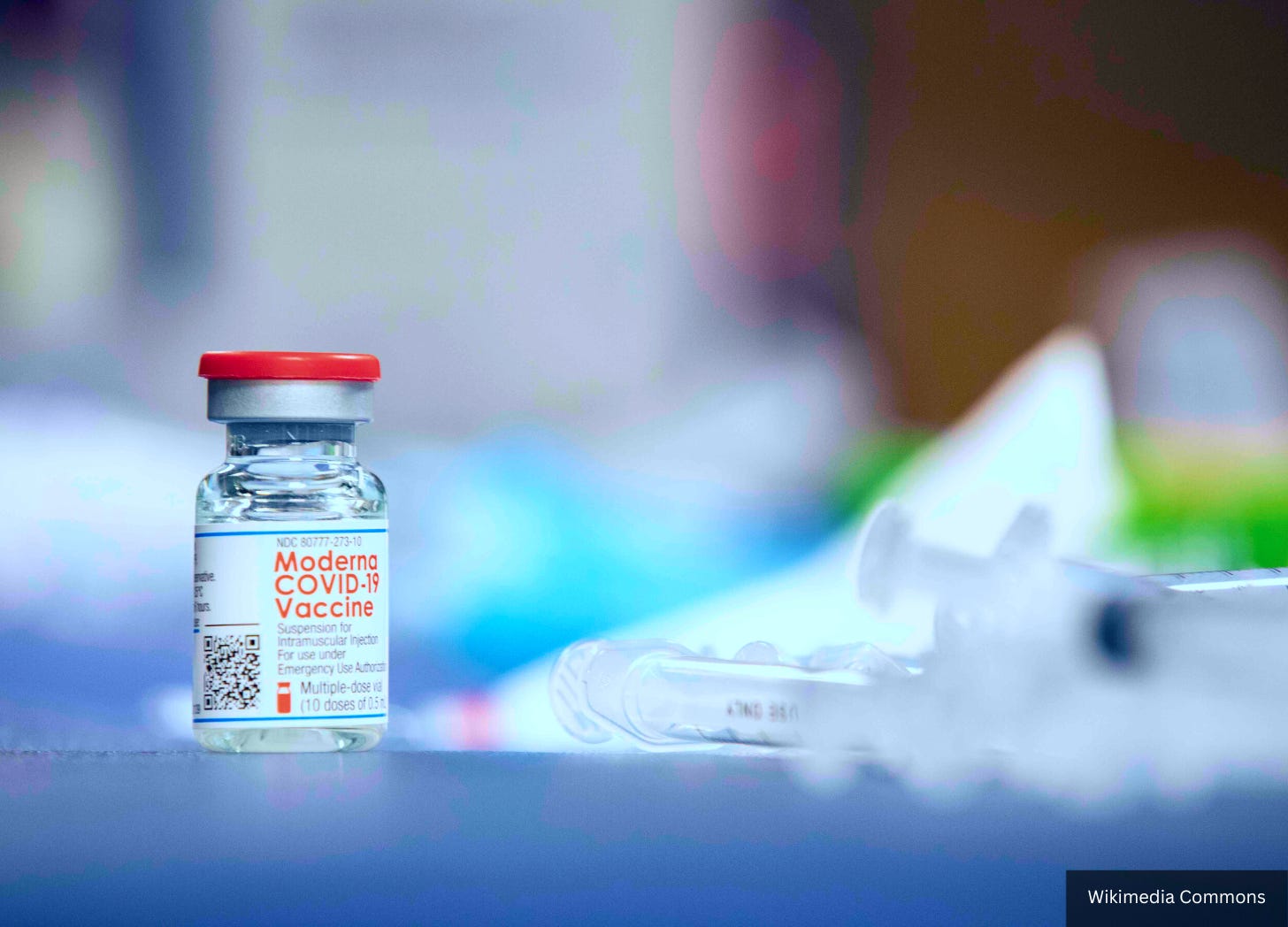4th Vaccine Booster Less than 2% Effective Against COVID After Just 4 Months, While 'Recent Previous Infection Provided More Sustained Protection': 9,560-Patient Study in 'The Lancet'
Booster vaccines provide only "modest and short-lived additional protection against infection."
A recent publication in the peer-reviewed medical journal The Lancet analyzed the protection of a fourth dose of mRNA vaccination against SARS-CoV-2.
The study authors compared the effectiveness of the fourth booster dose to prior infection among 9,560 U.K. healthcare workers.
“We have estimated real-world effectiveness of second COVID-19 booster vaccines, protection against symptomatic and asymptomatic SARS-CoV-2 following previous infection, and the duration of PCR positivity in our cohort of UK healthcare workers over autumn/winter 2022–23, a period with high circulation of Omicron sub-variants,” the study reads.
Noting the “rapid waning of protection” booster vaccines offer, the authors confirmed that a fourth booster jab provides only 13.1% protection overall, 23.97% in the first two months post-vaccination, 10.3% at two to four months, and 1.7% at four to six months.
However, in contrast to vaccination, previous infection within the past zero to six months offered 63.6% greater protection against COVID, while infection within six to 12 months offered 29.1% greater protection.
The study authors emphasized that prior infection “independently provided more protection against symptomatic infection” than vaccination did.
An infection “in the past 0–6 months was associated with 71.99% (95% CI 56.11 to 82.13) increased protection against symptomatic infection and 42.23% (95% CI −17.83 to 72.65) against asymptomatic infection,” the study reads.
The authors highlighted that booster vaccines provide only “modest and short-lived additional protection against infection” and that a recent previous infection provides “more sustained protection.”
Moreover, those with previous infection had less symptoms and shorter sickness duration compared to those who were vaccinated.
“Asymptomatic infection was more common amongst those with a recent previous infection, and these infections had shorter duration of positivity,” according to the study.
In their conclusion, the study authors affirm that booster vaccinations only provide “small,” “short-lived,” and “marginal” protection against SARS-CoV-2 infection.
They also warn against mass “future vaccine deployment,” characterizing public vaccine roll-outs as “premature.”
“Given the more marginal benefit in comparison with first boosters, and the notably lower coverage of second boosters, economic evaluation will be increasingly important in informing future vaccine deployment,” the authors write. “With SARS-CoV-2 yet to settle into a seasonal pattern and considering the short-lived protection provided by current COVID-19 vaccines, it appears premature to plan mass roll-out of annual boosters akin to Influenza.”
Meanwhile, a February publication in The Lancet confirmed that, compared to vaccination, natural immunity acquired from a coronavirus infection reduced the risk of hospitalization and death by 88.9% for at least 10 months.
The study analyzed data from 65 studies in 19 countries, representing the largest meta-analysis to date on immunity following infection.
The authors’ analysis of the available data “suggests that the level of protection afforded by previous infection is at least as high, if not higher than that provided by two-dose vaccination,” the study reads.




